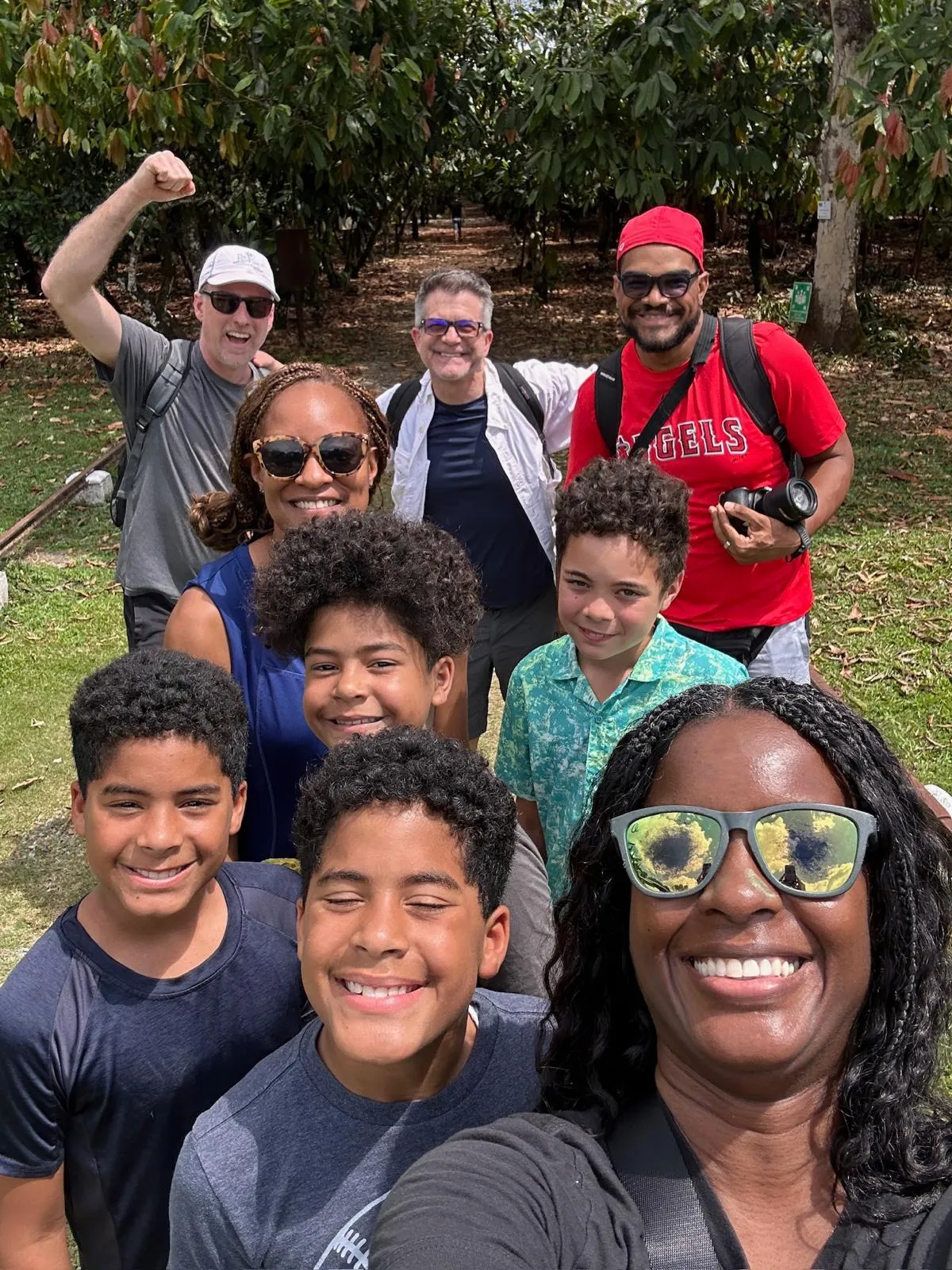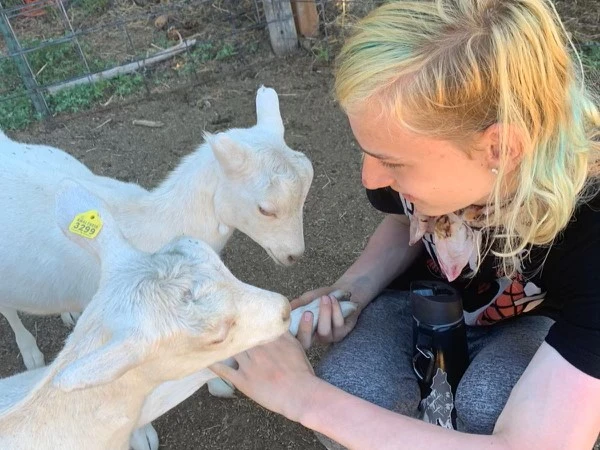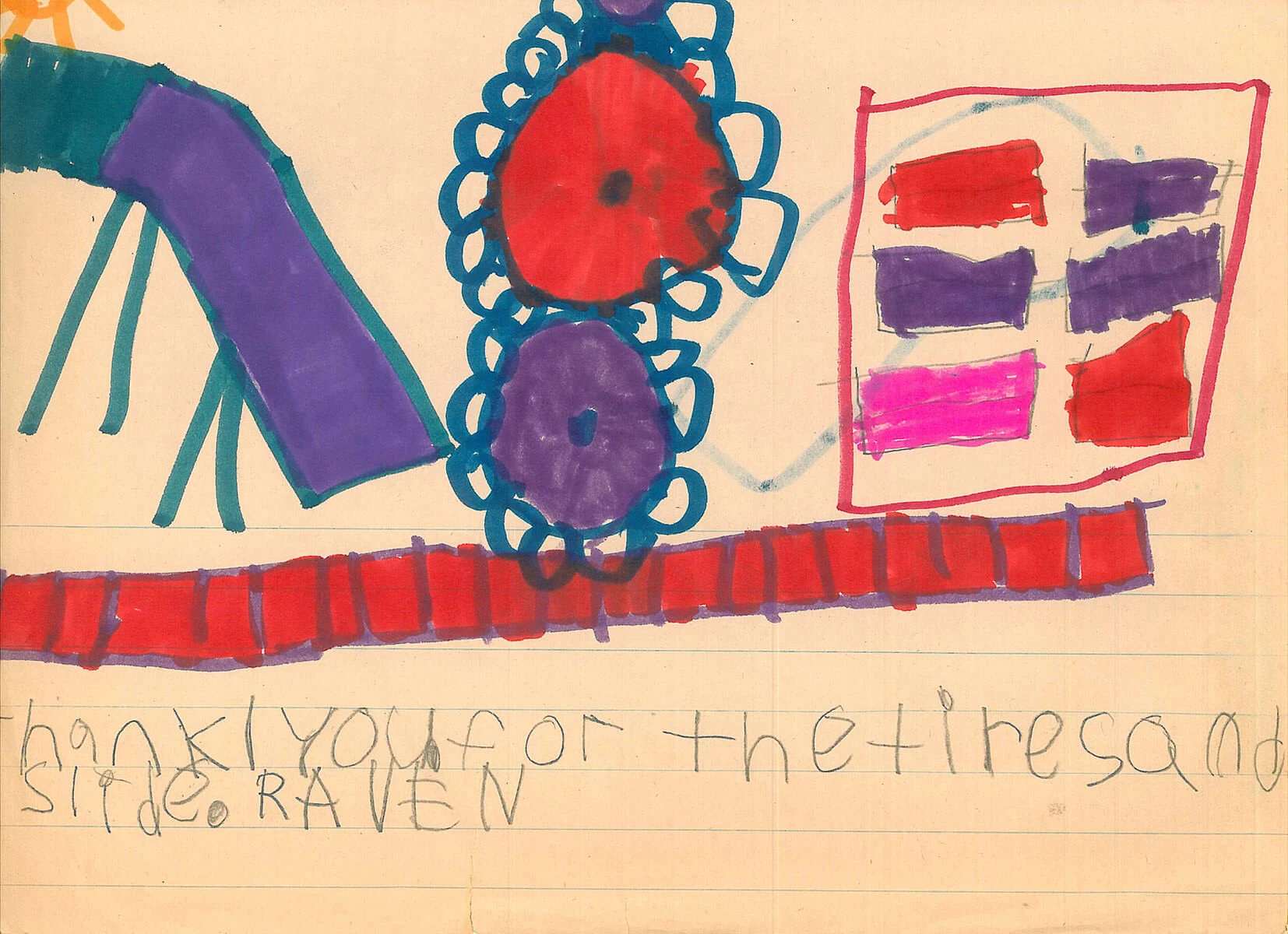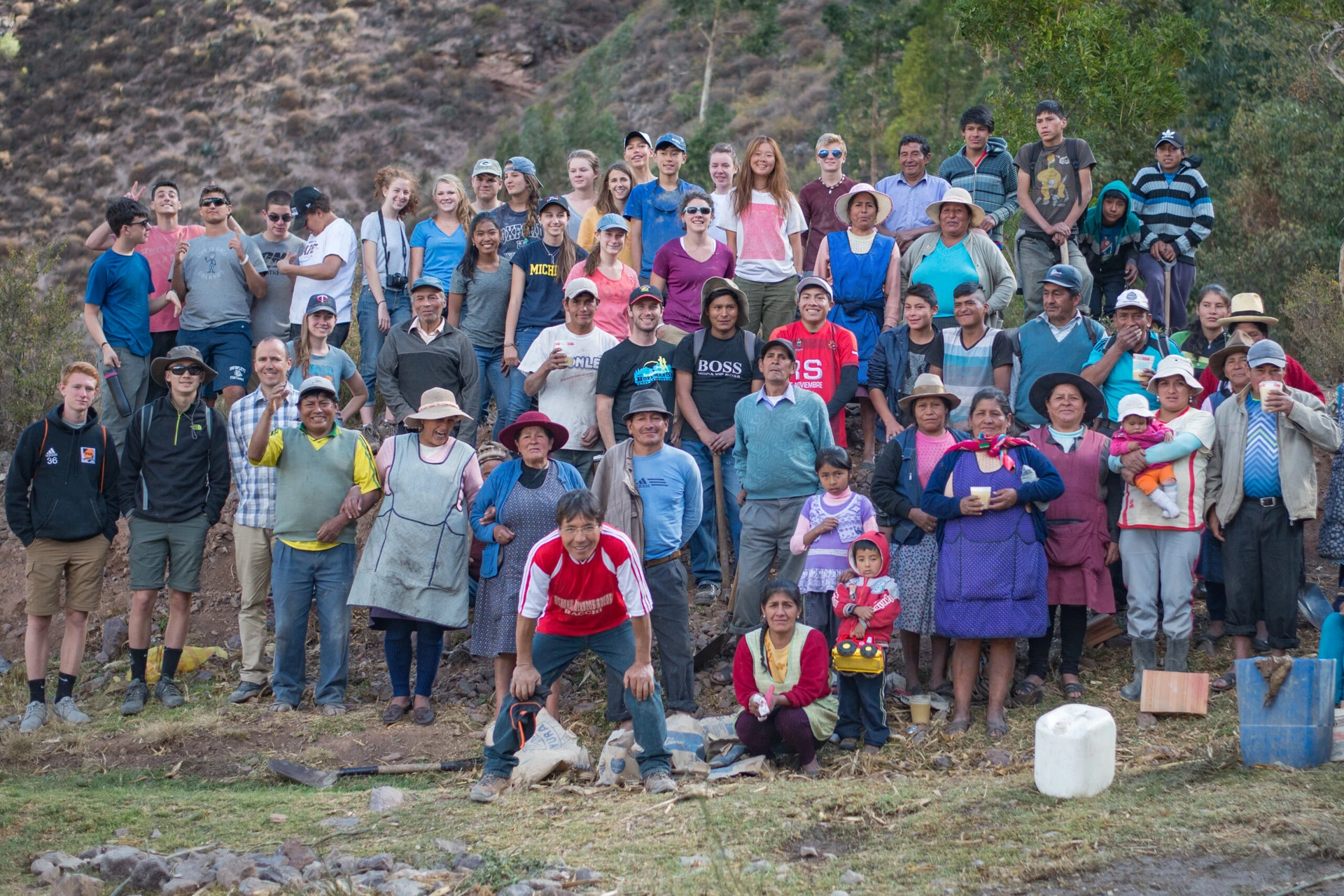By Owen Clarke
On a surface level, it might seem like service learning and volunteering are two birds of the same feather. Service learning is the process of learning via service work. Volunteering, meanwhile, is performing service work! So, although every volunteering experience isn’t designed in a way that facilitates education and growth, it may seem like these two concepts are closely linked.
In fact, service learning and volunteering can sometimes be completely different entities, especially when volunteering becomes “voluntourism.”
What is Voluntourism?
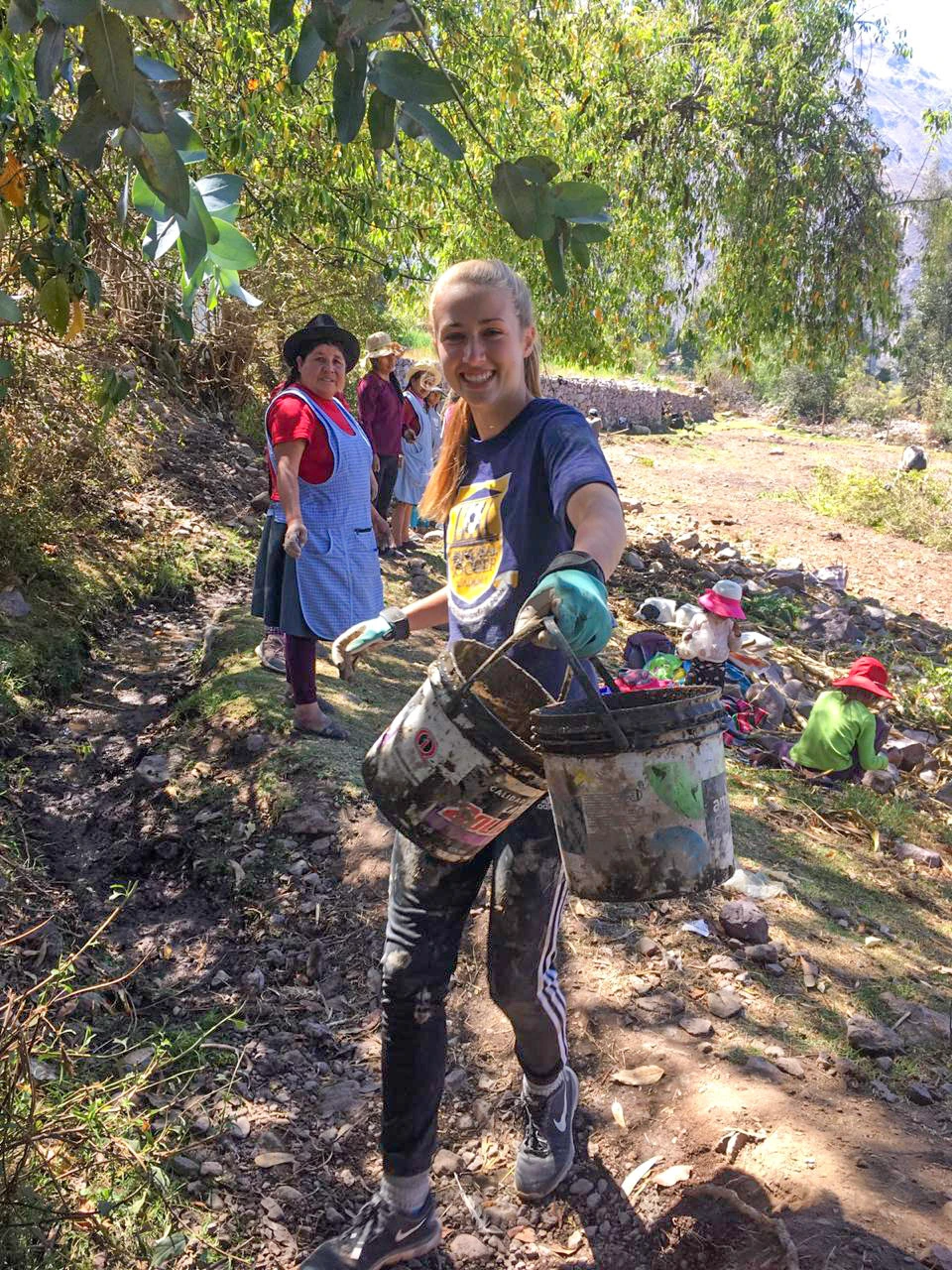
The term voluntourism is used to describe an amalgam of volunteering and tourism, where participants travel to remote locations, impoverished communities, or foreign cultures to perform service work. Often with voluntourism, the focus is more on the traveler’s experience versus building relationships and providing meaningful aid for local communities.
Voluntourism puts the volunteer, not the community, front and center. It’s more about “feeling good” and gaining a sense of accomplishment while experiencing a new culture on vacation. As Jennie Moss of The Massachusetts Daily Collegian wrote in 2020, “Programs can fall under [the] ‘voluntourism’ label when they focus more on sightseeing or feeling good about ‘doing good,’ [rather] than about building genuine relationships with people and providing a service on the community’s terms.”
In short, voluntourism focuses on the volunteer, while service learning focuses on the community, as well as the relationships built between participants and community members.
Voluntourism typically involves bite-sized, short-term projects that are designed, first and foremost, to evoke a feeling of success and completion in the volunteer (as opposed to efforts that are, first and foremost, useful and meaningful to the community receiving the service).
Things like “building an outhouse” or “digging a well” are classic voluntourism projects. You spend a few days performing physical labor, shake a few hands, take a few photos. You have a “finished product” to look at and feel proud of. Boom—you go home.
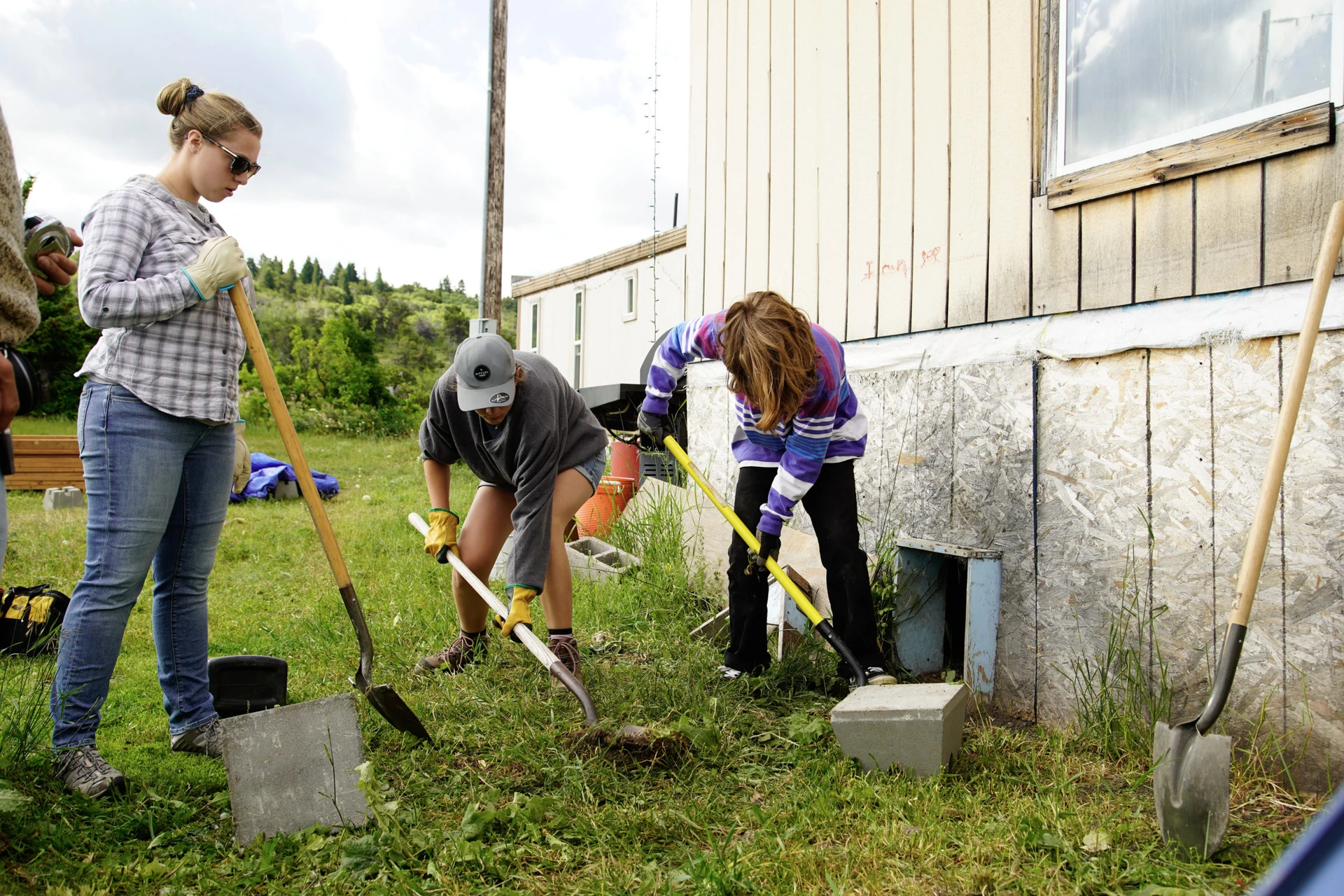
That’s not to say that this work isn’t beneficial—sometimes VISIONS even undertakes similar community service projects—but it’s isolated in scope and scale, without the relationships and intimate connections we foster in our service adventures.
“Voluntourism had well-intentioned beginnings & still does plenty of good,” says VISIONS director Katherine Dayton, “but when good things get commodified, there also becomes plenty of room for things to go a bit sideways.”
One classic example of toxic voluntourism is volunteering in orphanages, a practice which has recently garnered some controversy. There are a number of reasons why orphanage volunteering is harmful, but one of the biggest is that it creates an attachment disorder. Children experience a regular rotation of visitors coming in and out of their lives. In some scenarios, it can even expose children to forced begging, sexual exploitation and human trafficking, as orphanages gain significant financial compensation from increased donations from visiting tourists.
As NPR’s Joanne Lu wrote in 2020, “All that money has led unscrupulous institutions to promise food, education or a better life to recruit children from families into the orphanages, according to the U.S. Department of State’s 2018 Trafficking in Persons Report. ‘Child finders’, as the report calls the recruiters, capitalize on parental concerns about poverty, conflicts, natural disasters and a lack of resources for a child with disabilities in order to convince parents to turn over their children, who are then used to attract lucrative international donations and volunteers.”
What Are Other Problems with Voluntourism?
Even in the case of voluntourism trips that seem benign, there are a number of issues that can be less obvious. For one, voluntourism typically hinges on inserting our own cultural norms into other cultures. As voluntourists, we come into a foreign culture to serve on our own terms, via a project that may seem beneficial from a Western lens, but is less-so from the eyes of the community we are “serving.”
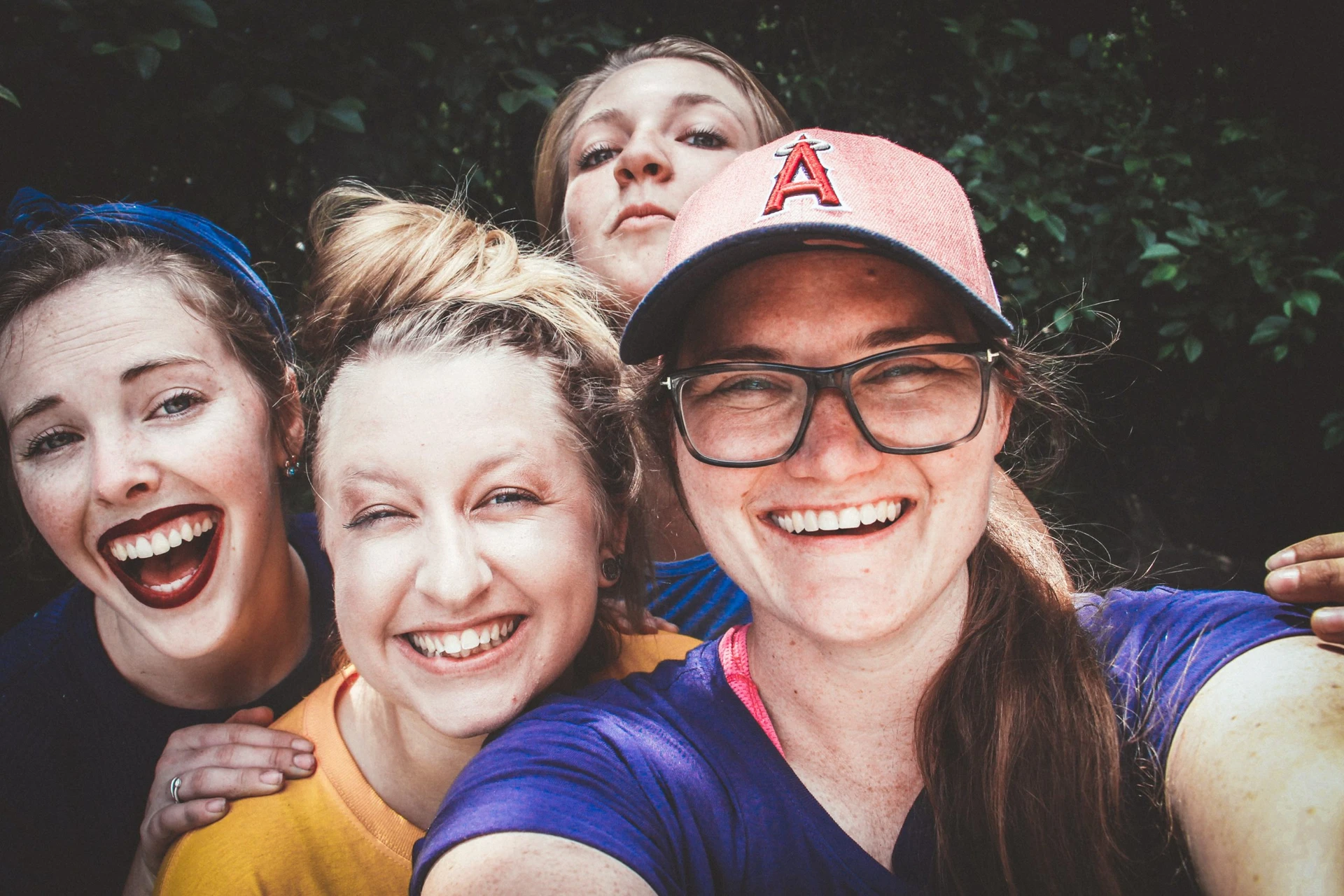
Voluntourism is merely scraping the surface of the relationships we could create through deep, meaningful service. We are instead making our service work transactional—checking boxes. (Not to mention all the selfies. Voluntourism results in so…many…selfies!)
Another harmful aspect of voluntourism is that it can make well-intentioned people skeptical of volunteering in the first place. Many people read articles like “The Business of Voluntourism” and decide against any sort of cross-cultural service. They don’t realize that voluntourism and service learning are two totally different things. In reality, when service work is done well, through a process of true “meaningful service” there is so much upside for all involved, both the participants and the community!
What is Service Learning?
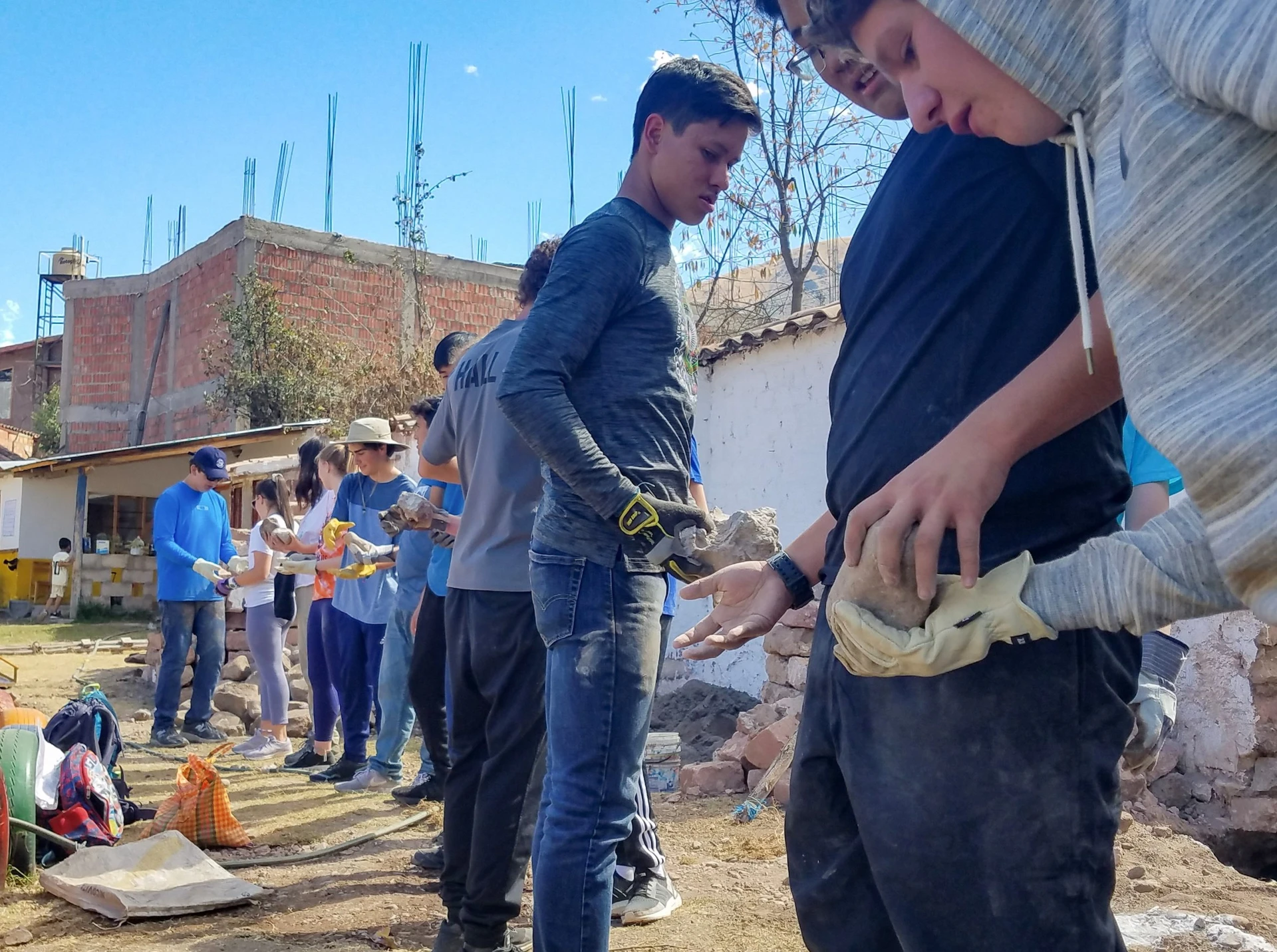
So, what is that idea of “meaningful service” that we mentioned above? In short, it’s service that isn’t transactional. Unlike voluntourism, we aren’t serving to feel good about ourselves or gain some sort of social currency. We aren’t serving so we can post about it online.
Meaningful service—the kind you’ll find at VISIONS—is deep. It means making connections and forging bonds. It means sharing tools, goals, accomplishments, stories and lives. Click the link below to learn more, and dive into our diverse array of service learning programs!



